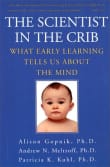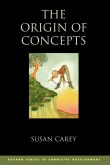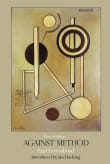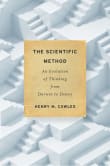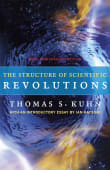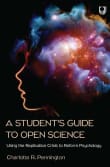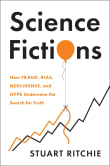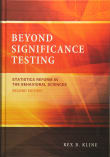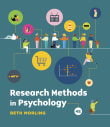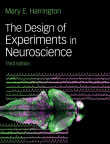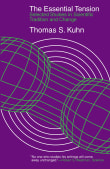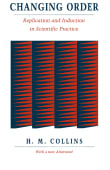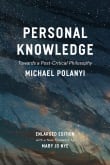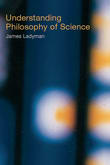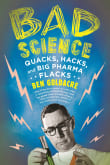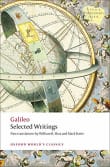The Knowledge Machine
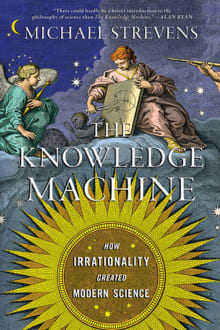
Book description
* Why is science so powerful?
* Why did it take so long-two thousand years after the invention of philosophy and mathematics-for the human race to start using science to learn the secrets of the universe?
In a groundbreaking work that blends science, philosophy, and history, leading philosopher of science…
Why read it?
3 authors picked The Knowledge Machine as one of their favorite books. Why do they recommend it?

I’m one of those scientists who sees little use for the philosophy of science.
At its best it describes the process or difficulties of doing science after the fact; but that description is not causal – nothing comes from knowing it. Streven’s book changed my mind.
He argues forcefully, in everyday, accessible language, for a model of how science works and what that means for how to do science. It’s changed how I understand my own work. I’ve even quoted from it in public. Brilliant.

This fascinating book gives a different perspective on the scientific revolution, and an explanation for why that great leap forward took place between 1600 and 1700, rather than, say, a couple of thousand years ago.
The “iron rule of explanation”, that only empirical evidence counts, and of its consequence in “Baconian convergence” explains so much. Moreover, the exploration of how, and why, the social, cultural, and religious context enabled researchers of the time to separate their personal explorations and investigations from those they set forth in the wider scientific community is equally absorbing.
It gave an explanation for a real…

Science has revolutionized the way we live and the way we understand reality, but what accounts for its success? What method sets science apart from other forms of inquiry and ensures that it yields ever-more accurate theories of the world? Strevens argues that the scientific method is not a special kind of logic, like deriving hypotheses from first principles or narrowing hypotheses through falsification, but a simple commitment to arguing with evidence. Strevens shows, with historical case studies, how this commitment is seemingly irrational, as it provides no constraints on what counts as evidence or how evidence should be interpreted,…
From Andrew's list on the cognitive foundations of science.
Want books like The Knowledge Machine?
Our community of 12,000+ authors has personally recommended 100 books like The Knowledge Machine.
